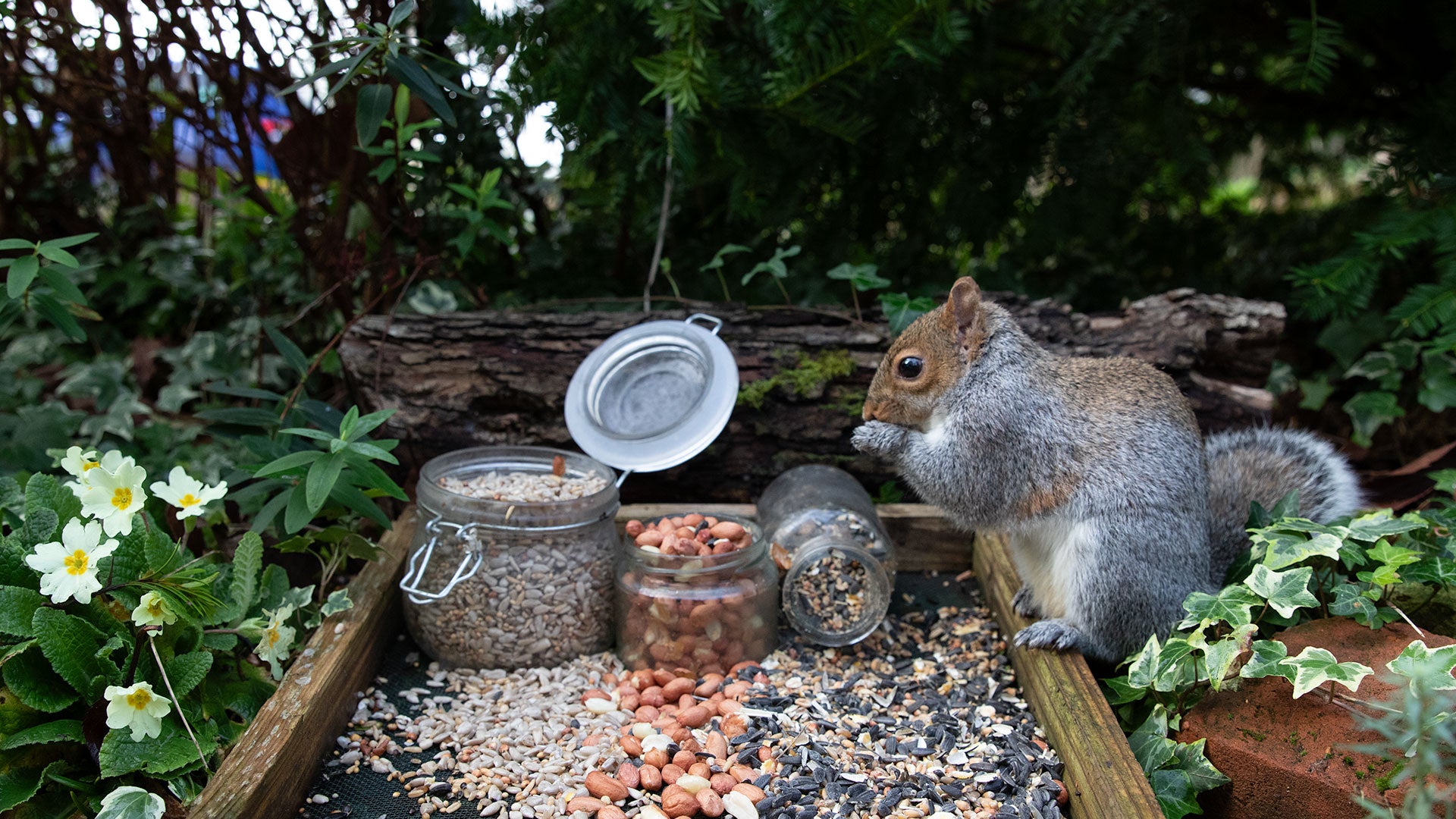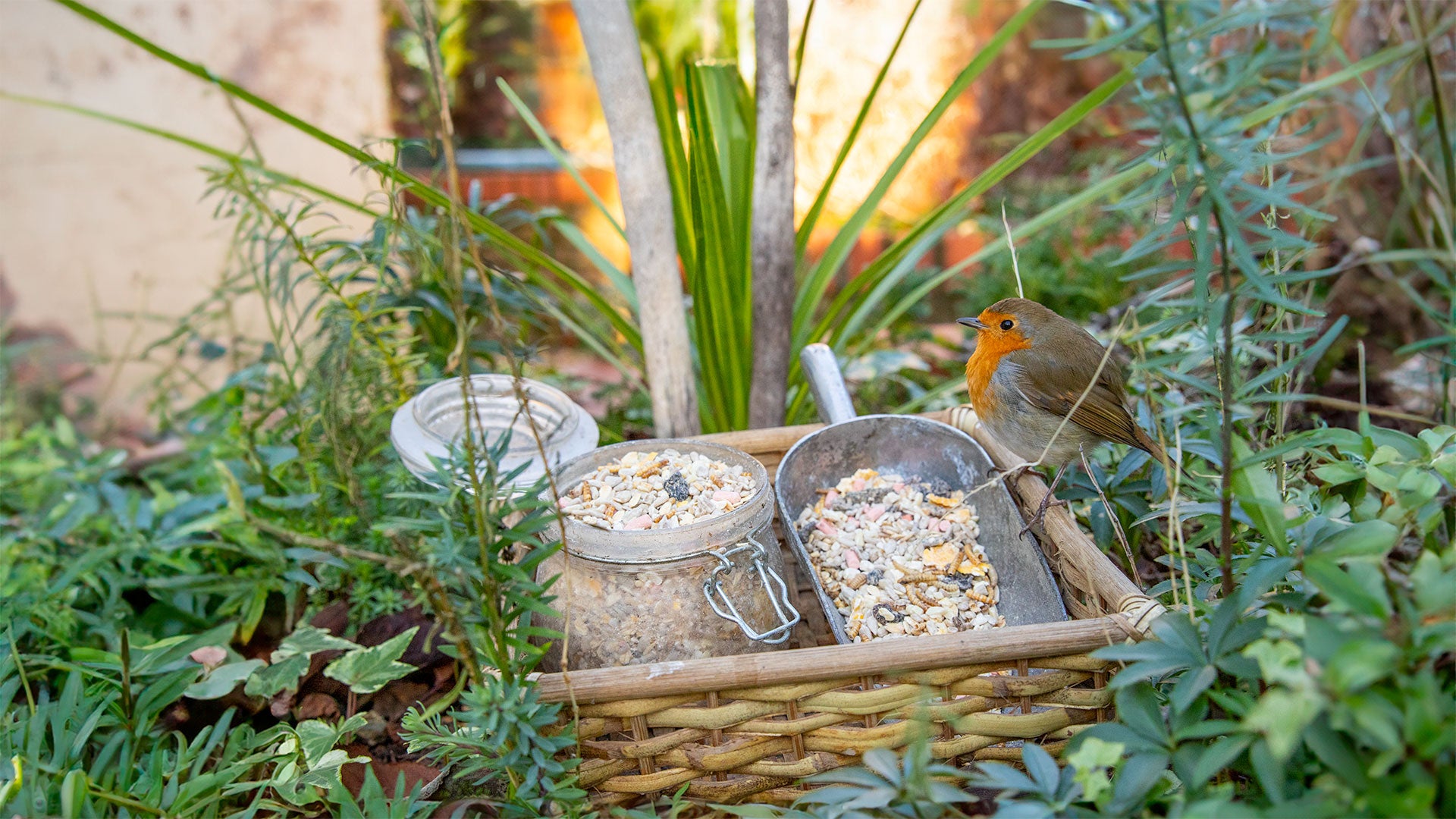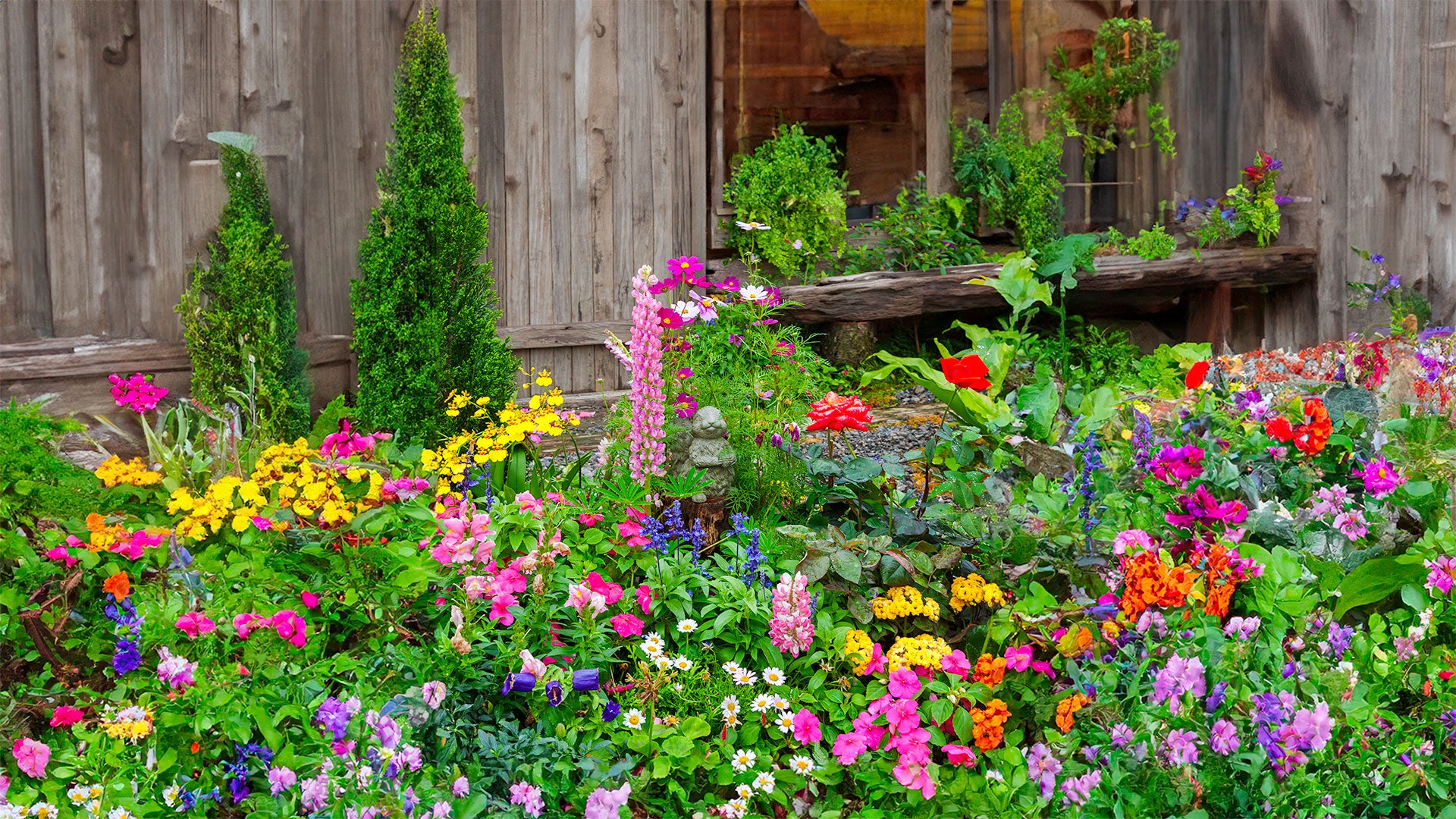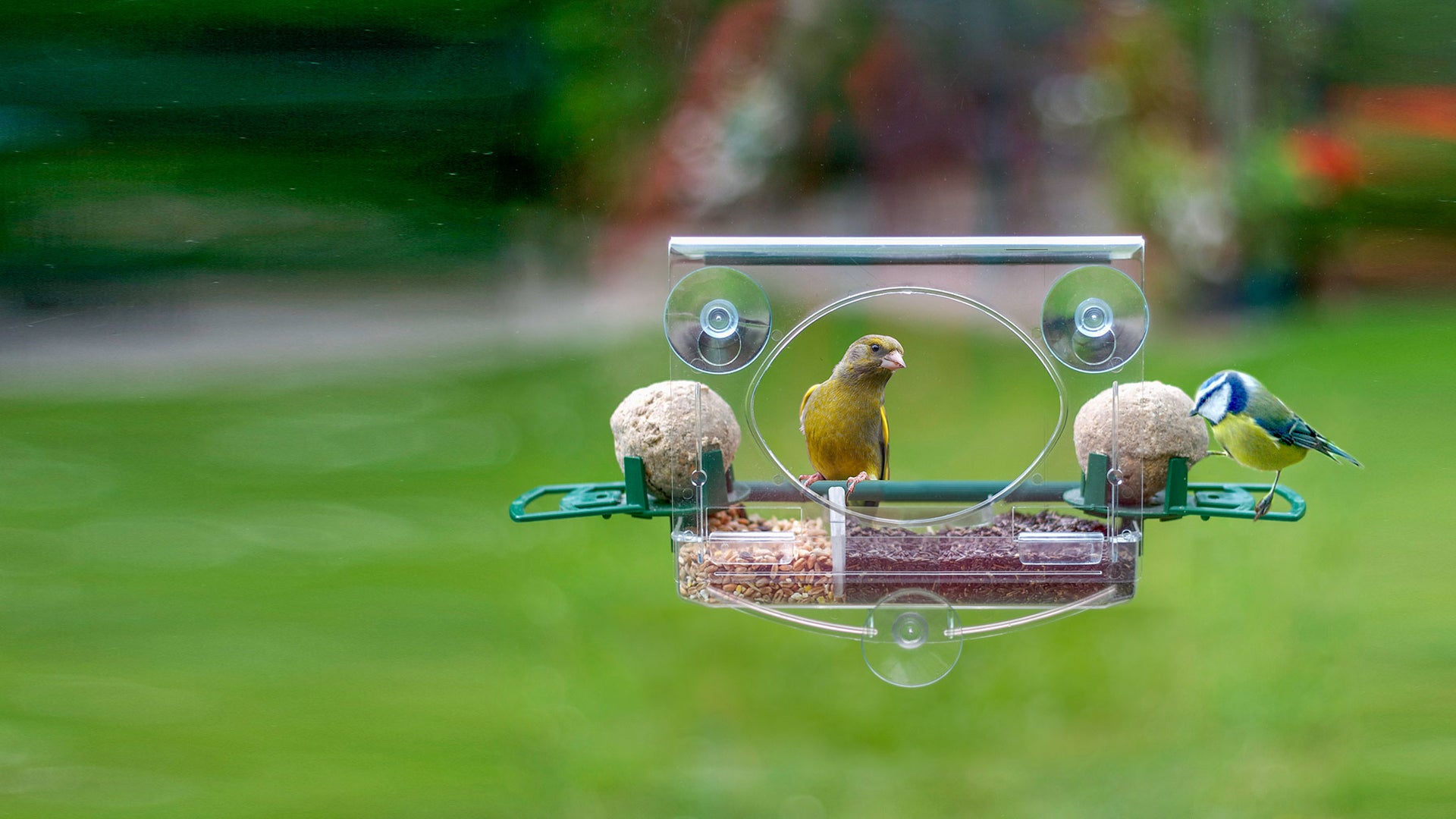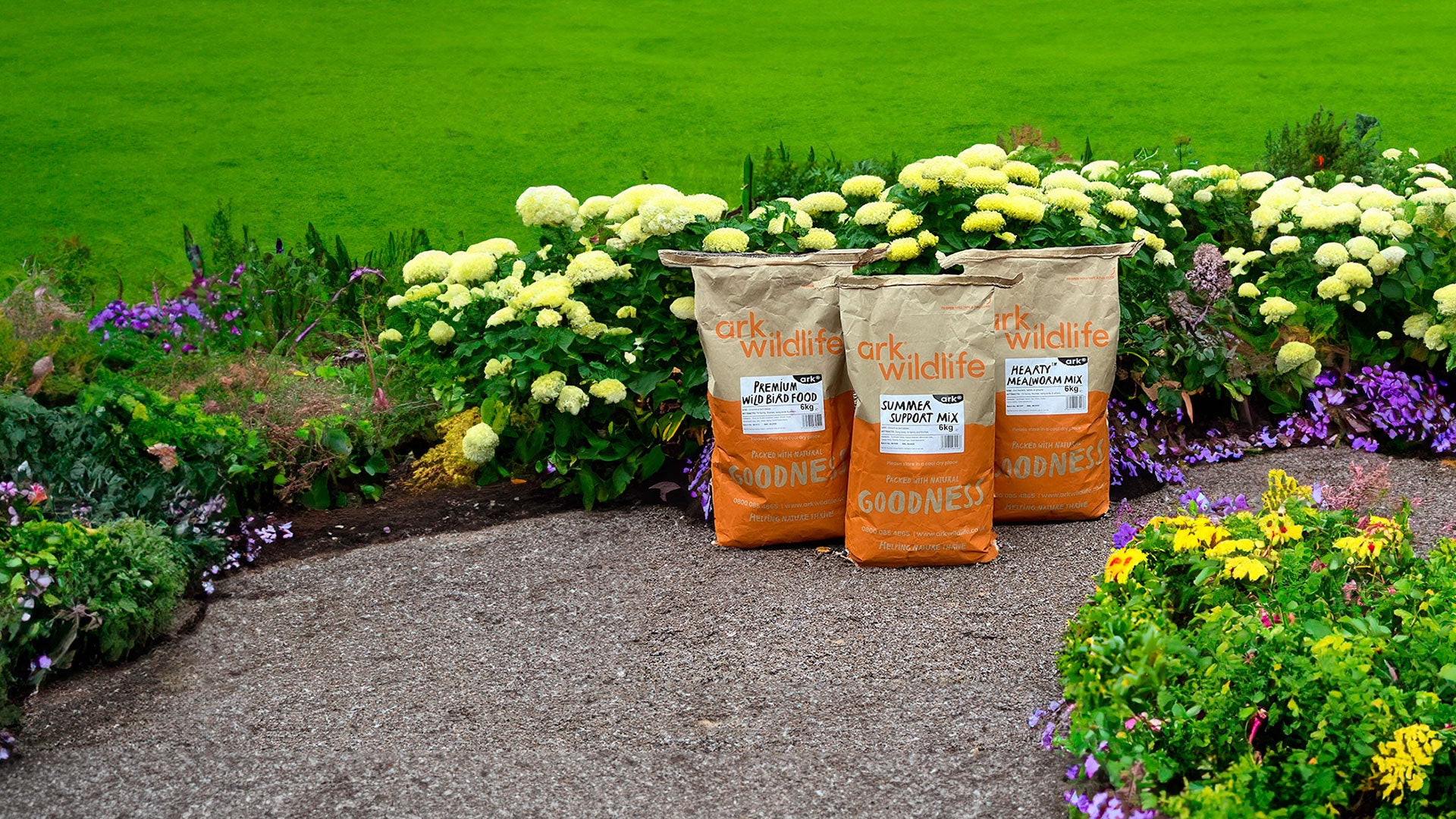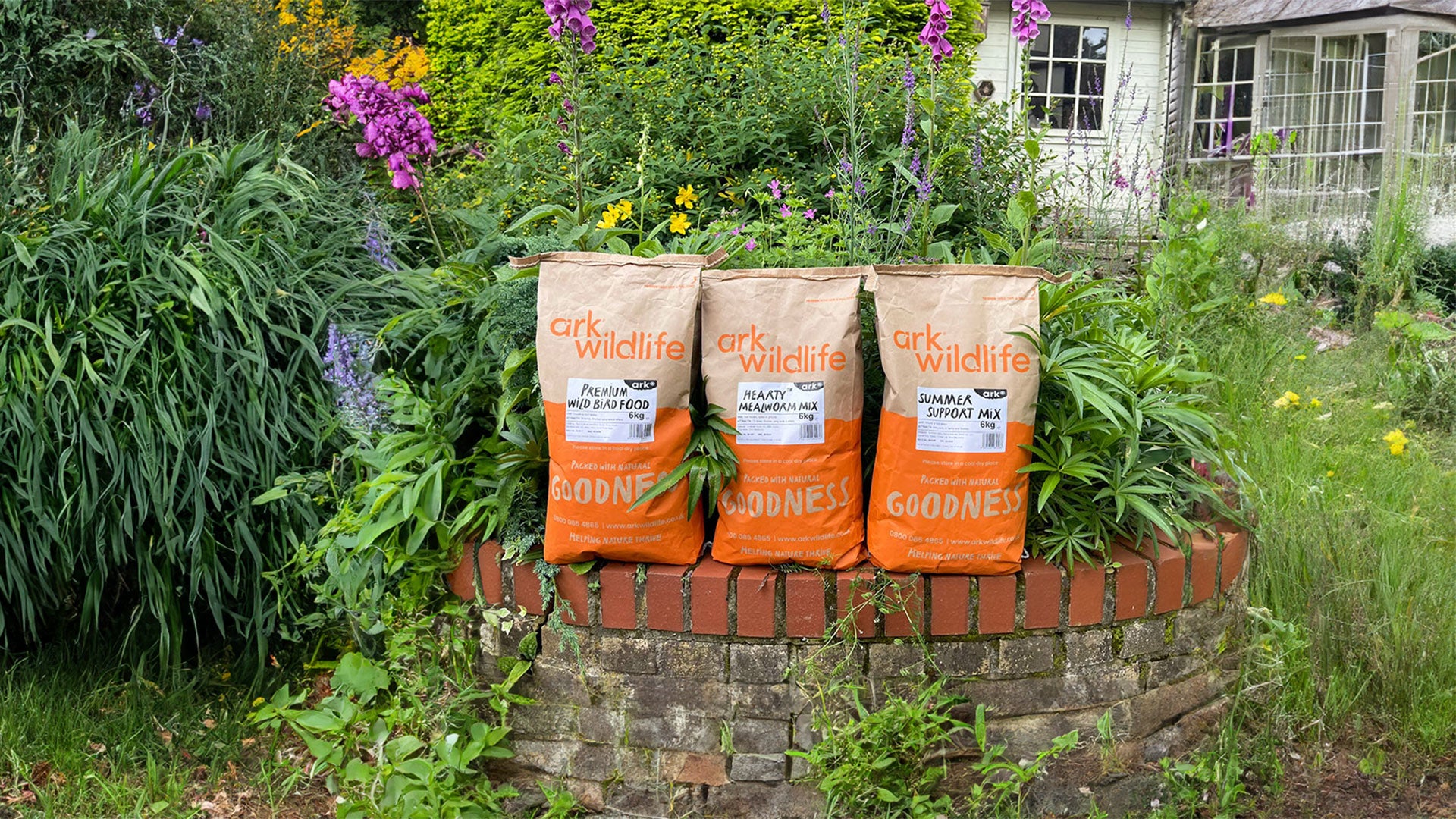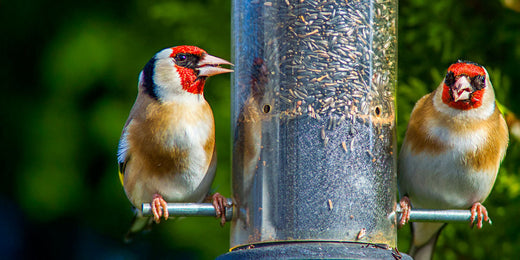As we enter September and the nights start to close in, the shorter days mean we get more opportunities to watch wildlife because dawn and dusk shift towards our human commuter hours. No getting up early or staying out late, nature comes to us in the most convenient way. However, the wildlife is not making these changes for our amusement. This is a very serious time indeed.
The main breeding season has ended and it’s all about getting fit and healthy before the winter closes in with all the challenges that this brings. In Britain our wildlife has developed an array of tactics to cope with the cold, lack of food and daylight. Many birds simply fly to warmer climates. Others tough it out, eaking out a living by adapting their diet and making use of any calorie giving food that they may ignore in better times. Others will pack on the pounds while the living is good and either live on restricted calories or even hibernate until the winter retreats once more.

Bats are one of these creatures but they have to tread a fine line of survival. A fat bat simply couldn’t fly but under weight and they simply won’t survive the winter. Hence witness the frantic too-ing and fro-ing of a September evening. We have a healthy bat population around the farm and as I leave work on mild evenings I like to sit and watch them fluttering around the yard security lights for all the moths attracted to the brightness.
It won’t be long before the night flying insects retreat to their winter resting places, signalling an end to the ‘season of the bat’. I always keep an diary note of the first day in spring when I spot my first bat but during September I always make sure I have time to sit outside and watch them. The early evening sky is full of them, flying in an apparent erratic manner, soaring and falling as they catch bugs from the air around them.
They are far too busy to notice me as they frantically prepare for the long sleep but I still quietly thank them for the entertainment they provide and for sharing their world with me.
If you’re interested in attracting bats to your own garden, take a look at our range of bat boxes, such as our Schwegler 2F bat box or Schwegler 2FN bat box, that give bats somewhere safe to roost and raise their pups.



